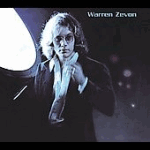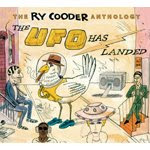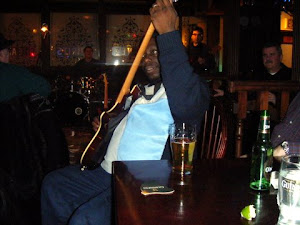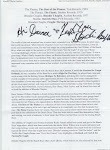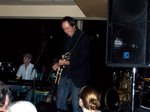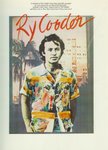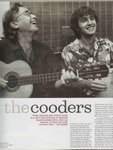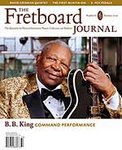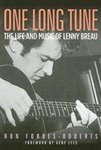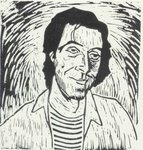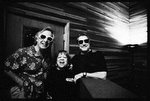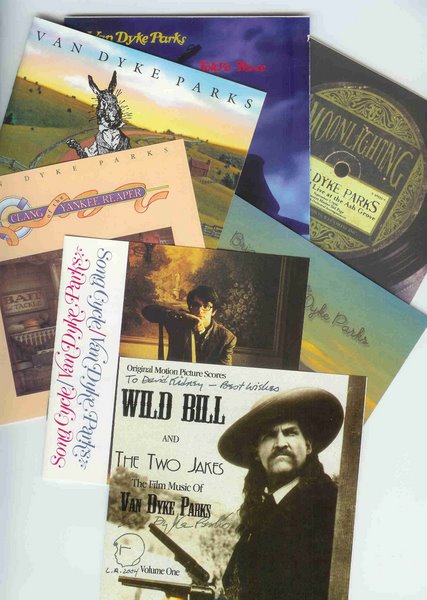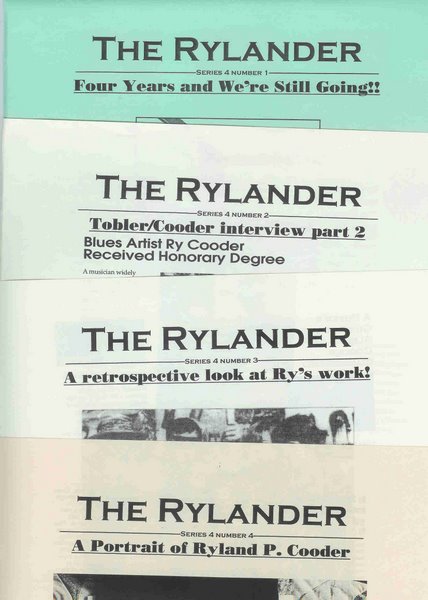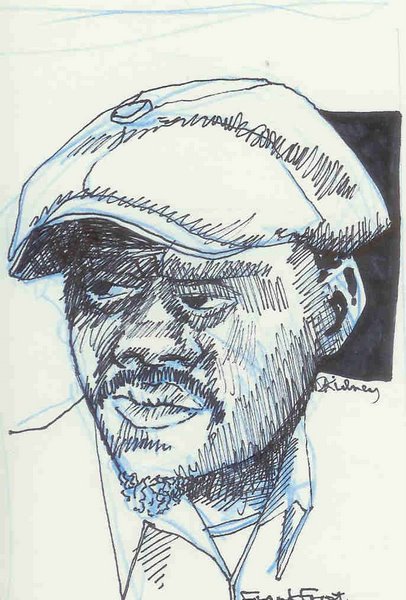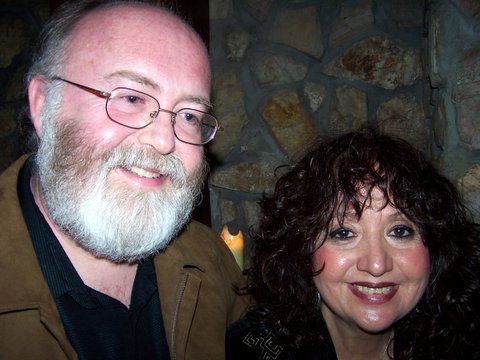Thursday, July 26, 2012
Ry Cooder’s Rabble-Rousing New Album (from The New Yorker)
Originally posted July 25, 2012 by Alec Wilkinson
Ry Cooder, who over the course of fifty years has become one of the most singular musicians in America, has a new record, “Election Special,” a collection of songs with a political cast, which comes out in August. Cooder is nothing like as well known as he might be, because he would rather do practically anything than perform in public. He established himself initially as a studio musician, playing in private, and in the past decade he has played in public only a handful of times, several of them only as a sideman. “The people who like the applause should have it,” he once said, “I just don’t care for it.” He has appeared so infrequently that a feeling of nervousness has built up around the occasion. What he will meet, he knows, is three rows of guitar players with their camera phones aimed at his hands, and three more rows of wiseasses, saying, “This is supposed to be a great guitar player? How come he’s not shredding?” Remarks like that can go a long way to dampen the pleasure of the occasion for him, especially if the theatre is intimate.
As for his abilities, no other guitar player has mastered the range of styles that Cooder has, or even come close—variations of blues playing (Robert Johnson and Big Bill Broonzy come to mind); slide playing that is sometimes so succinct it is searing; Joseph Spence-style fingerpicking; his own version of electric guitar playing, the most widely known example of which is “Honky Tonk Women,” which Keith Richards based on Cooder’s playing (Cooder was recording with the Stones at the time, on “Let It Bleed,” and Richards wrote the song after listening to him). Cooder’s reach is wide—if you don’t believe me, search Ry Cooder and see all the musicians who list him as an influence. Paul Simon once asked a guitar maker to build him a guitar like Cooder’s—it’s the guitar Simon is holding on the cover of “You’re the One.”
Guitar playing is not the only thing Cooder does, though. He also assembled, rehearsed, picked the repertoire for, and recorded a group of old men in Cuba whom he called The Buena Vista Social Club. The record he made with them was the best-selling in world-music history, and led many musicians and producers to see dollar signs when they looked at Cuba. Cooder’s uncommonness as an artist is the exemplification of Rainer Maria Rilke’s remarks, originally made about Cezanne, “The further one goes, the more private, the more personal, the more singular an experience becomes, and the thing one is making is, finally, the necessary, irrepressible, and, as nearly as possible, definitive utterance of this singularity.”
The songs that Cooder has chosen to record, and his own writings, too, have always had a populist tendency. He likes unions. He likes working men and their lore, detectives, and shadowy parts of Los Angeles, where he has lived all his life. “Election Special” expresses his scorn and outrage about what used to be called current events. “Some of these tunes are a little bitter, I will admit,” he has said. The “Mutt Romney Blues” is sung as if by Romney’s dog, the one he tied on the roof of the car when his family went on vacation. “It don’t look right / don’t seem right,” the dog sings. “Hot in the day / cold all night; Where I’m goin’ I just don’t know / Po’ dog got to bottle up and go.”
“The Wall Street Part of Town,” has a narrator looking for refuge in the part of town where the wind always blows at your back and the ground tilts in your favor. In “Cold Cold Feeling,” Obama is wandering alone, late at night: “I walked up and down the White House / Till I wore the leather out from under my shoes / I didn’t have nothing but the cold cold President blues.” The narrator in “Going to Tampa” is on his way to the convention with ideas in his head. Bring back Willie Horton and scare the nation and blame the Mexicans is one of them.
The record rises to a climax with “Take Your Hands Off It,” Cooder’s rebuke to politicians and their posses, the harm they have caused in the service of greed, and the damage they have done to essential rights around the world. “Get your dirty hands off my Constitution,” it begins, and each verse is a reprimand that spreads like the circles from a stone tossed into a pond. “Get your greasy hands off my Bill of Rights,” and so on, through reproductive rights and war-making. “You don’t speak for God, you know he don’t belong to you.” Pete Seeger believes that songs are more effective as political tools than writing is, because a piece of writing is read once, and songs are sung over and over. A firebrand song is what “Take Your Hands off It” is, a rabble-rousing call, and by the end, you feel all stirred up and ready to close the curtain behind you and pull some levers.
Monday, July 16, 2012
Jacob Moon
 I had a drink with Jacob Moon the other night. We met at the West Town Tavern and found a booth at the back. They were out of Rickard's White, so JM settled for a pot of tea while I had a Rickard's Blonde. We both made these drinks last a while.
I had a drink with Jacob Moon the other night. We met at the West Town Tavern and found a booth at the back. They were out of Rickard's White, so JM settled for a pot of tea while I had a Rickard's Blonde. We both made these drinks last a while. We talked for a bit about really bad album covers...looking through a book Jacob brought as an ice-breaker. It's those independent vinyl albums of gospel songs that seem to be the worst.
Jacob had some questions about the best way to approach a reviewer with new material. Should he just mail it out, or make an initial request? I think the request is the best route. It's what I prefer. Some people send me an e-mail comparing their music to something they know I like..."My new album sounds like Ry Cooder..." Well, of course it doesn't. It might be influenced by Ry Cooder, or have a mandolin part, or a bottleneck guitar, but it won't sound like Ry Cooder.
Jacob asked, "Okay, who would you compare me to?"
I couldn't think of anyone. Acoustic guitar arrangements, clear tenor voice, melodic songs, maybe some looping...but really I couldn't answer his question. I had been playing his 2005 CD eventide in the car on the way down and had thought about this...it sounded like...Jacob Moon. Sure, I guess you could link him to dozens, hundreds of other troubadours, but that's the cheap way out. First of all he writes songs that are spiritual, singing about God, and it's a God I recognize. He chooses interesting songs to cover, when he does cover a song. On eventide he does a Peter Gabriel song "Come Talk To Me", on landing he covers Paul Simon's "Under African Skies"...not your typical covers by any means. And then there's the most famous thing he's done, a stunning rendition of Rush's "Subdivisions" on 2007's The Loop. Surely you've seen the video on YouTube. Rush were so taken by it they had him perform it for their induction into the Canadian Songwriter's Hall of Fame.
landing is 10 years old this year, and Jacob is celebrating by releasing a newly recorded version of the same set of songs. He thinks it will show how the songs have grown and developed, how his style has matured. Should be out in the fall, and I am looking forward to it. The original was recorded live and the new one was done the same way at a special couple of shows earlier this year.
Jacob likes live recordings, this will be his third. He plays live a lot, he wants to, has to, to maintain his career as a musician. Somewhere I read that he had played in innumerable Indigo/Chapters stores, but is his music suitable for browsing? I've seen people playing in these stores, and wondered how they like doing it. I guess having your audience distracted by the new James Lee Burke book isn't that much different than having them distracted by the lack of Rickard's White on tap tonight.
Listening to Jacob Moon music as I write this I find it beautifully recorded and well-played. I love the sound of the guitar. Sometimes at home I will just pick up a guitar and fingerpick chords and riffs for an hour to relax myself. Music hath charms to sooth the savage breast. We talked about the healing powers of music.
Jacob released a Christmas album in 2007, and it's a gorgeous collection of classic seasonal songs with an added new one from Jacob's pen. His most recent release is the EP Maybe Sunshine from 2009. It's more melodic guitar-based music from a guy who deserves to be heard. Check him out at www.jacobmoon.com
Tuesday, July 10, 2012
Recently...
Skip Prokop, drummer and songwriter from The Paupers, and Lighthouse, has a new CD. It's called Smoothside because it shows Skip's smooth side. Jazzy, almost a George Benson feel with some sterling guitar work from Matt Shelvock and featuring the keyboard work of Jesse O'Brien the album is a nice change. Mellow, relaxed, solid drumming, great production, and some interesting vocal arrangements. You can order it now and receive a signed CD, along with a signed 5"x7" photo of Skip if you're among the first 1000 to order. Listen to what they've done to a few Lighthouse tunes to get a sense of the whole thing. I'm not sure about "Pretty Lady" though. It's the lead-off track and to my ears it is very dated. Things pick-up right away though.
I've been reading quite a bit lately. Mainly biographies. Carole King's A Natural Woman was my favourite, but I also enjoyed Greg Allman's My Cross To Bear and Sophia Parkes's story of Eliza Carthy Wayward Daughter. Check my reviews on Critics at Large.
Was supposed to tip a jar with Jacob Moon last night but we got our times mixed up and we had to postpone. Looking forward to chatting with him about music. He's hosting a house concert in August with the amazing Suzie Vinnick. She'll be promoting her new live blues CD. Can't wait. But before that we'll be in Chicago for a visit to Buddy Guy's Legends, and to check out The Million Dollar Quartet on-stage.
Subscribe to:
Posts (Atom)
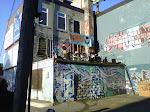
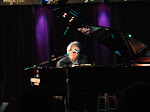






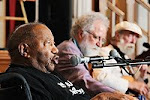
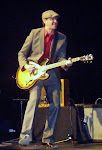
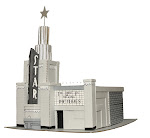


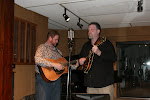.jpg)
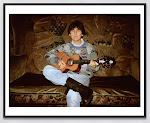
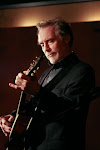.jpg)

